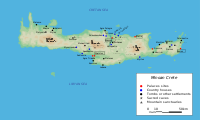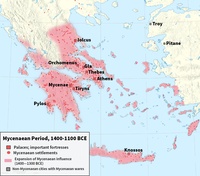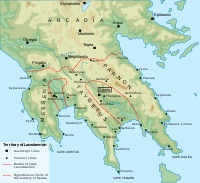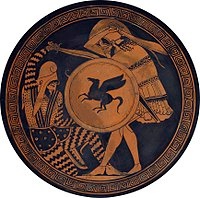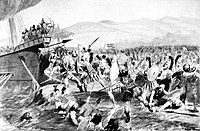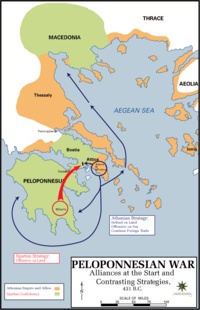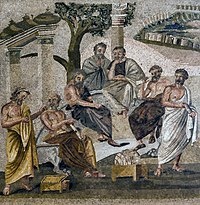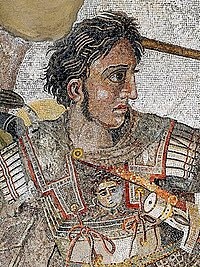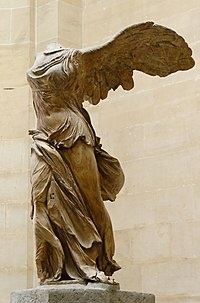-
Use Cases
-
Resources
-
Pricing
Ancient Greece Timeline
(Archaic period (800-500 BCE) to Hellenistic period (323-31 BCE))Key Facts
- The city-state of Athens emerges as a leading cultural and intellectual center during the Golden Age of Pericles.
- The Persian Wars take place, with the Greeks successfully defending their homeland against Persian invasions.
- The great philosopher Socrates is born and later put on trial and executed in Athens.
- Alexander the Great, king of Macedonia, establishes a vast empire stretching from Greece to Egypt and India.
- The ancient Olympic Games are held in Olympia, Greece every four years as a festival of sport and competition.
Source
This Ancient Greece timeline was generated with the help of AI using information found on the internet.
We strive to make these timelines as accurate as possible, but occasionally inaccurates slip in. If you notice anything amiss, let us know at [email protected] and we'll correct it for future visitors.
Create a timeline like this one for free
Preceden lets you create stunning timelines using AI or manually.
